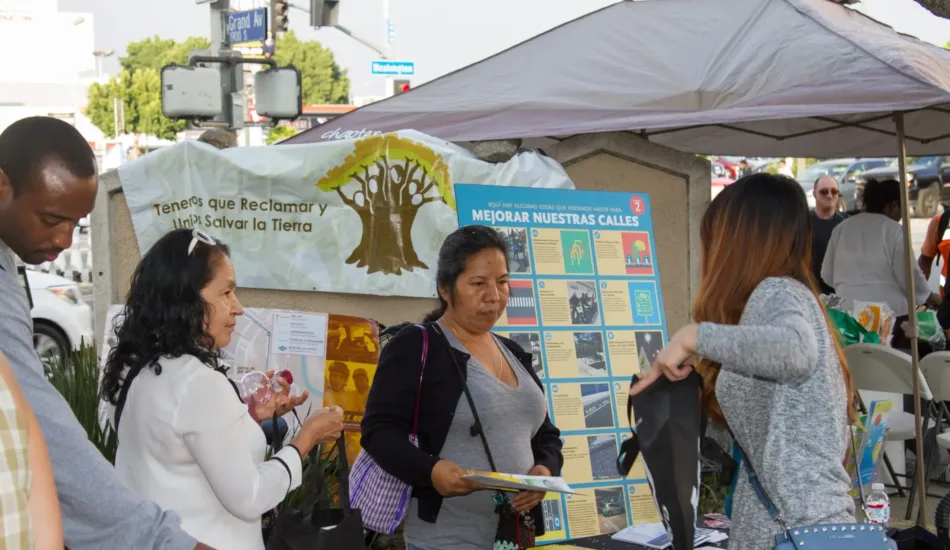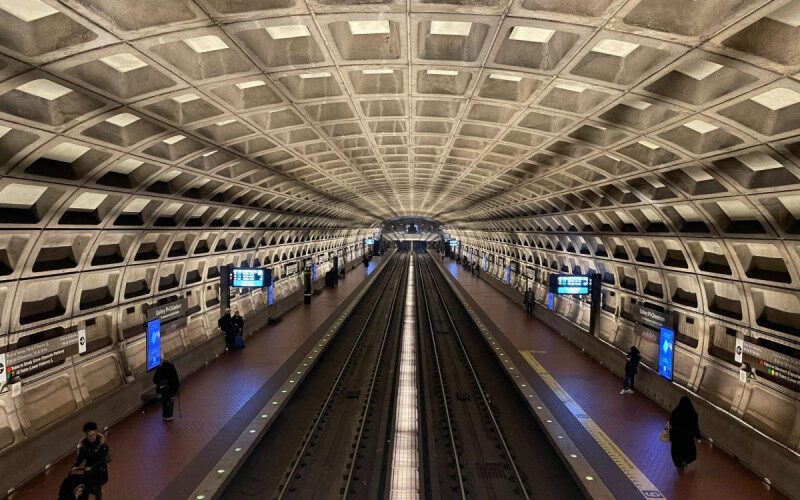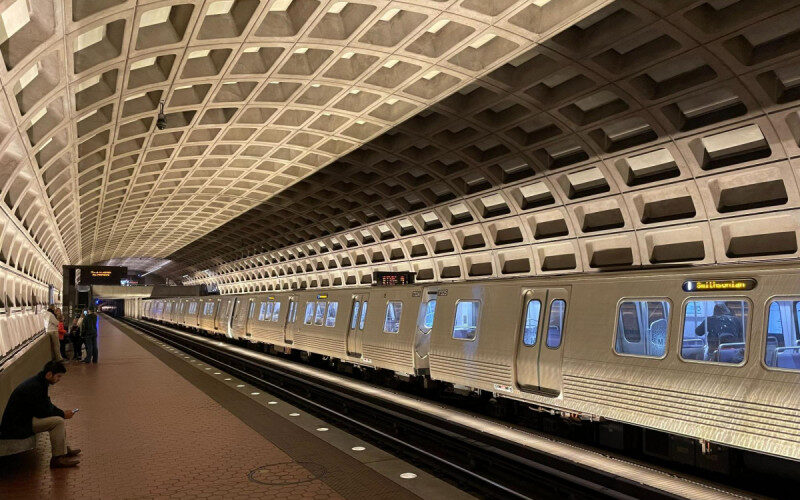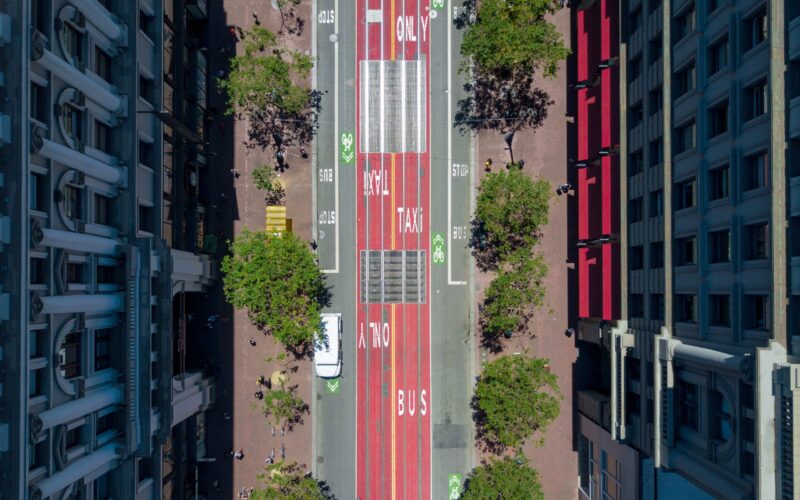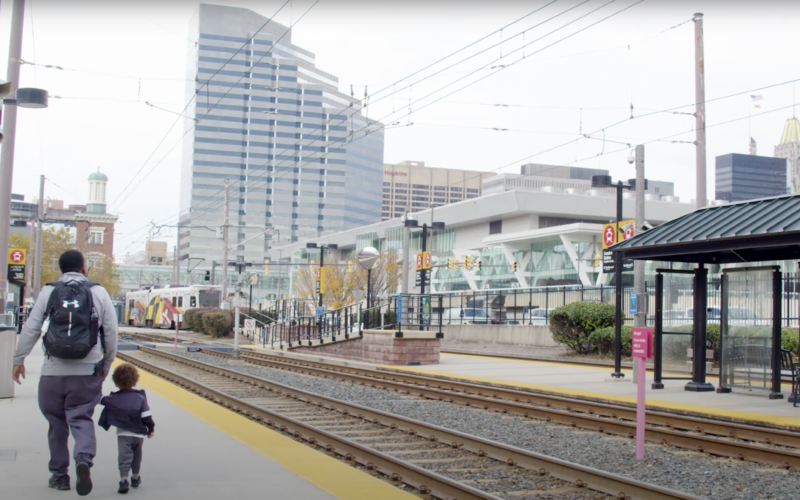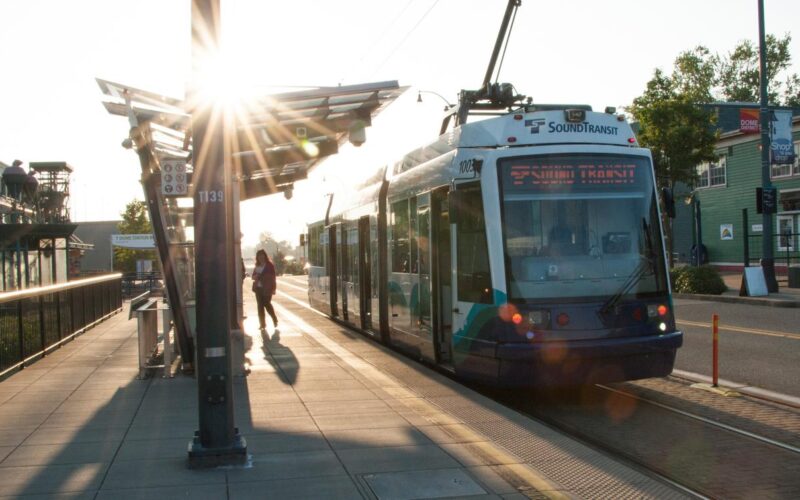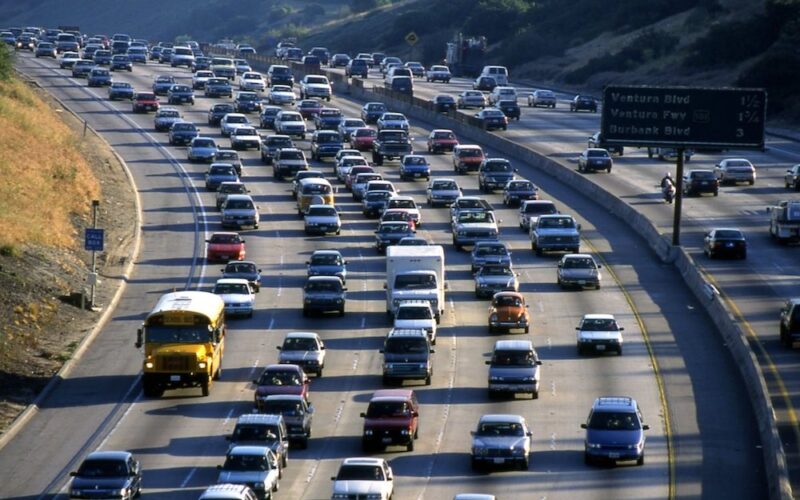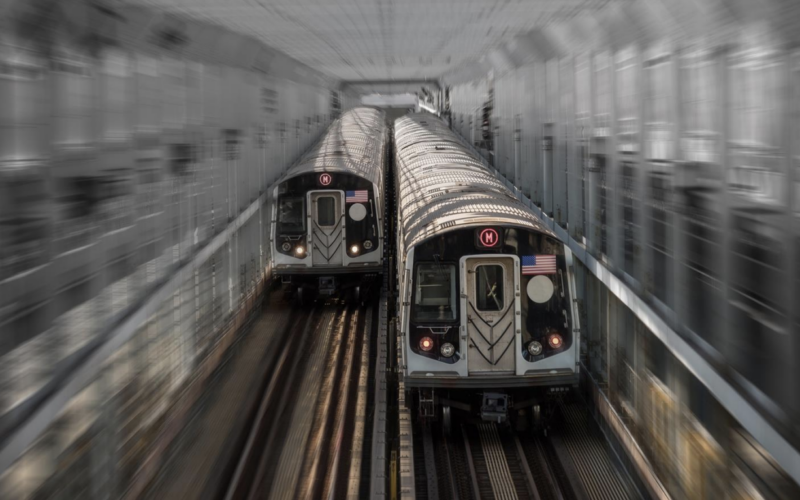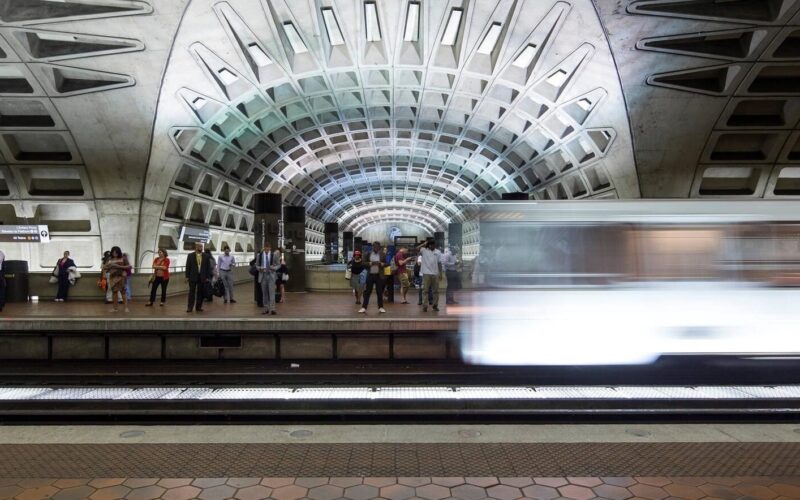In our new report, we reflect on what other agency practitioners can learn about community partnerships from LA Metro.
Read MoreBy Wyatt Gordon Note: A version of this article was originally published by Greater Greater Washington, a nonprofit dedicated to...
Read MoreThis is part one of a multipart series on WMATA’s fiscal cliff, which refers to the drastic shortage of funding to cover the costs of the region’s transit system from mid-2024 onwards
Read MoreA focus on car alternatives and better pedestrian infrastructure could save 6,000 lives and $259 billion each year.
Read MoreThis piece was co-authored by TransitCenter, the Central Maryland Transportation Alliance and Willem Klumpenhouwer, a public transit research consultant. The...
Read MoreMove Ahead Washington is a transformative shift from transportation plans and budgets that prioritized highways and cars to legislation that invested directly in transit agencies and multi-modal solutions.
Read MoreThe new federal Greenhouse Gas Rule that will get us the information we need to make better transportation policy and funding decisions that will allow our families and communities to fully thrive.
Read MoreUrban Institute's latest report, "Surmounting the Fiscal Cliff," seeks to understand why transit agencies—unlike many other public services—continuously face fiscal instability.
Read MoreThe experience of being a WMATA rider has substantially improved over the last 18 months, thanks to changes the agency has made like adding off-peak service and simplifying fares. Things are about to get even better with the launch of all-door boarding later this fall, overnight bus service on some lines starting in December, and an ambitious plan to redesign the Metrobus network. But all of this could go away by July 1, 2024.
Read More